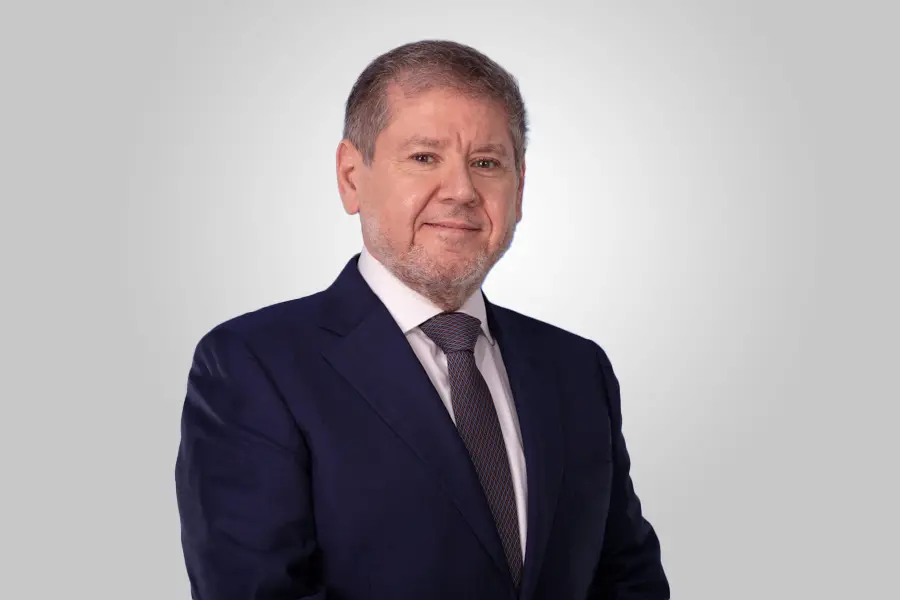PHOTO
Qatar: - Ahmed Abu-Sharkh, Country Senior Partner, KPMG in Qatar, said: “Qatar’s CEOs have confronted many disruptions to their growth ambitions over a short period in recent times – COVID-19, geopolitical tensions, supply chain disruptions, cyber threats, the war on talent, and a looming recession. Nevertheless, resilience and optimism in long-term growth prospects prevail. CEOs ranked emerging/disruptive technology, operational and supply chain issues, and regulatory concerns as the top risks that could potentially delay their growth agenda. Overall, CEOs can leverage experience gained from managing their growth disruptions by strengthening foundations of resilience and forging new or enhancing current opportunities in technology, talent and ESG.”
- One out of 10 (12 percent) CEOs believe a recession will happen over the next 12 months, but 2 out of 5 (16 percent) feel it will be mild and short
- 72% believe a recession will upend anticipated growth over the next 3 years
- CEOs are better prepared to weather short-term challenges with resiliency measures in place, while still anticipating long-term growth.
The KPMG 2022 CEO Outlook, which asked Qataris CEOs at the world’s largest businesses about their strategies and outlook, reveals that 16 percent of leaders expect a recession to be mild and short. While CEOs may be resilient, they’re also realistic about the challenges ahead. Seventy- two percent of CEOs believe a recession will upend anticipated growth over the next 3 years, and three-quarters (80 percent) also believe a recession will make post pandemic recovery.
Over the next year, One out of 10 (12 percent) Qatari CEOs anticipate a recession to hit, with 52 percent predicting it will impact company earnings by up to 10 percent.
ADDITIONAL FINDINGS:
Hiring freezes and headcount reductions under heavy consideration for CEOs
With continued economic turmoil, there are signs the Great Resignation could be cooling down, with 32 percent of CEOs having already implemented a hiring freeze, and 32 percent considering downsizing their workforce over the next 6 months.
Uncertainty fueling long-term digital transformation
While current uncertainty is driving CEOs to continue to prioritize digital transformation, 40 percent of businesses have paused their digital transformation strategies.
In the longer-term, more than a quarter believe that advancing digitalization and business connectivity is also vital to achieving growth objectives over the next 3 years. Eighty-eight percent also agree that their organization’s digital and ESG strategic investments are inextricably linked.
Evolving focus toward reputational and technological risks
Emerging and disruptive technology has landed as the top risk to business growth over the next 3 years. In addition, CEOs have identified several other areas as top risks to growth: pandemic fatigue, economic factors and the threat of rising interest rates and inflation.
Strategic alliances (28 percent), organic growth (24 percent) and managing geopolitical risks (24 percent) top the list of the most important strategies for achieving organizational growth objectives over the next 3 years. CEOs indicate that geopolitical uncertainties will continue to impact their strategies and supply chains over the next 3 years. In fact, 96 percent of CEOs have adjusted or plan to adjust their risk management procedures considering geopolitical risk, and 44 percent of CEOs will be increasing measures to adapt to geopolitical issues to achieve their growth objectives.
Cyber security no longer corporations’ biggest threat, with more companies prepared for attacks
Cyber security has dropped from the top 5 risks to growth over the past year. However, the cyber environment is evolving with 88 percent saying their organization views information security as a strategic function and as a potential source of competitive advantage. Geopolitical uncertainty is also raising concerns of corporate cyber-attacks for many CEOs (84 percent). In fact, four out of five CEOs (80 percent) say that protecting their partner ecosystem and supply chain is just as important as building their own organization’s cyber defenses.
Stakeholder pressure increasing accountability in ESG
Qatar businesses are seeing major focus on the social aspect of ESG: 44 percent of CEOs believe progress on inclusion, diversity, and equity (IDE) has moved too slowly in the business world, and 84 percent believe scrutiny of IDE performance will continue to increase over the next 3 years.
On talent, CEOs find it difficult to pick just one key driver when it comes to accelerating their companies’ ESG strategies: proactivity on social issues (40 percent), more transparency (20 percent), IDE strategy (20 percent) and net-zero strategy (20 percent). This shows there’s a growing consensus that they all matter.
Economic pressure slowing ESG ambitions
CEOs see the importance of ESG initiatives on their businesses, especially when questioned about ESG’s impact on improving financial performance, driving growth and meeting stakeholder expectations. And this year’s survey shows a marked jump in demand from stakeholders, such as customers and investors, for increased transparency.
CEOs believe that social and environmental priorities are key, they’re less convinced about making the connection between ESG programs and hard results. As only 16 percent of the CEOs believe that their ESG programs will improve financial performance as opposed to 68 percent of CEOs who believe that ESG programs may reduce the financial performance of their companies.
-Ends-
For media queries, please contact:
Huda Ibrahim, Marketing and Communications Manager E: hudai@kpmg.com




















